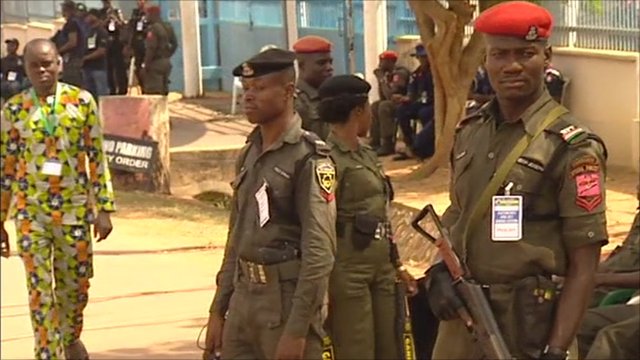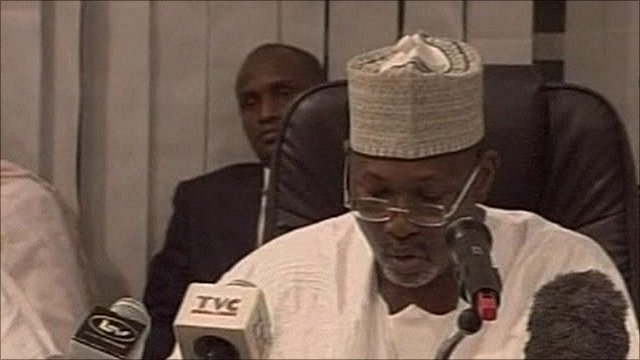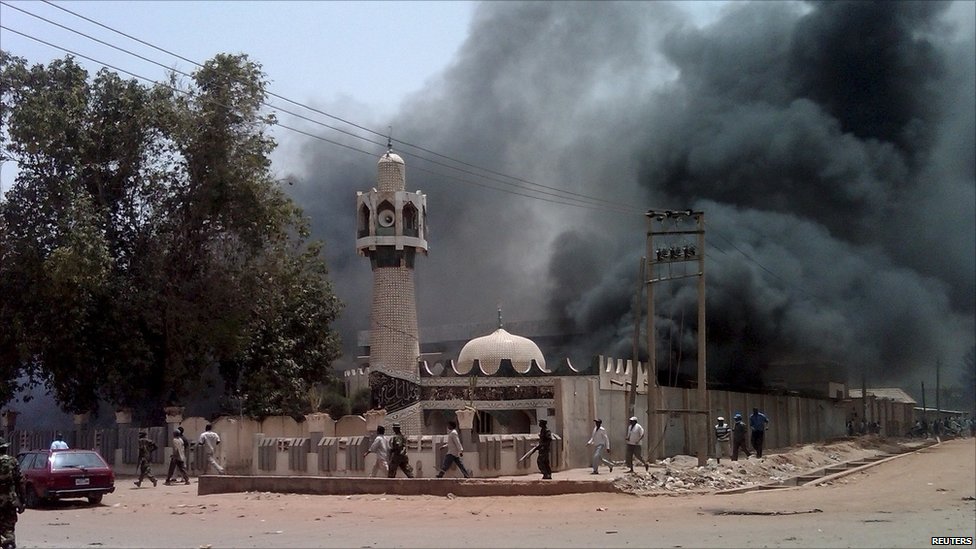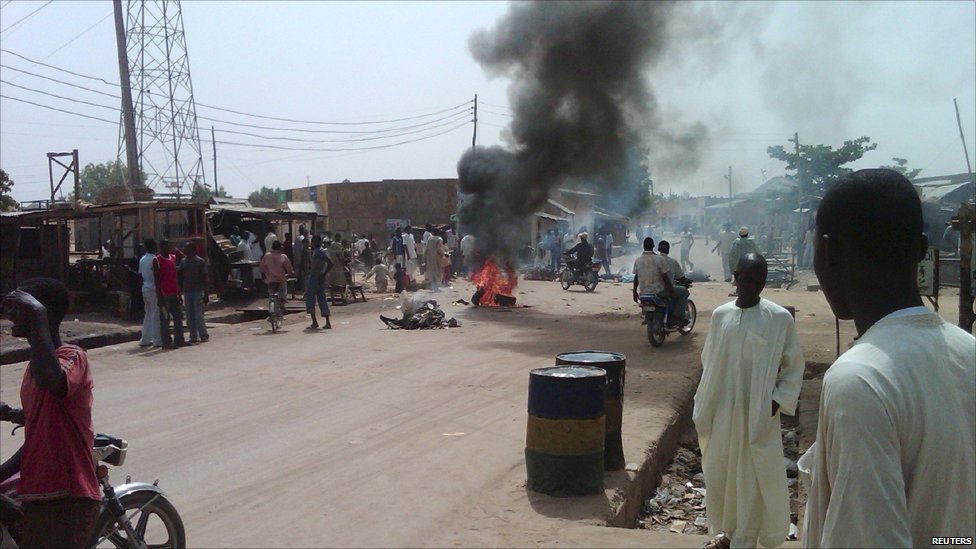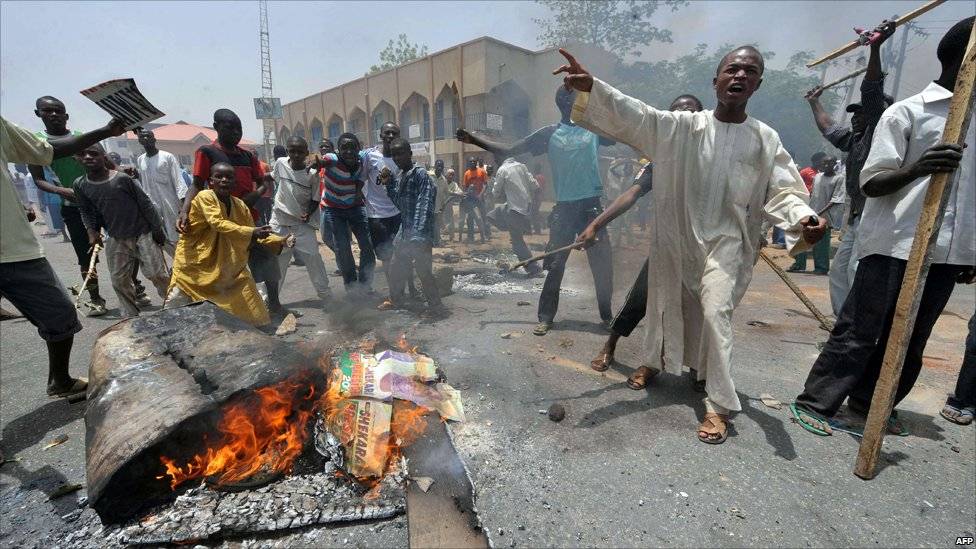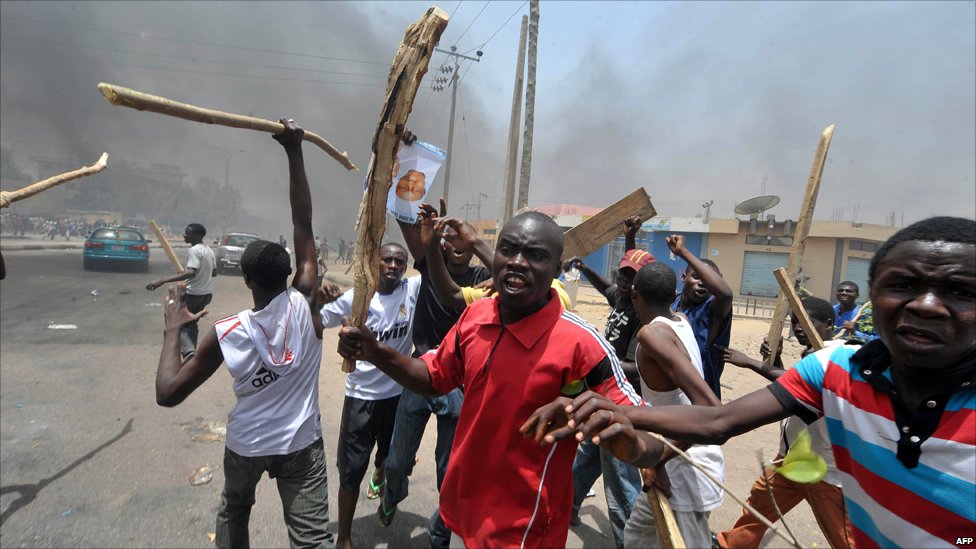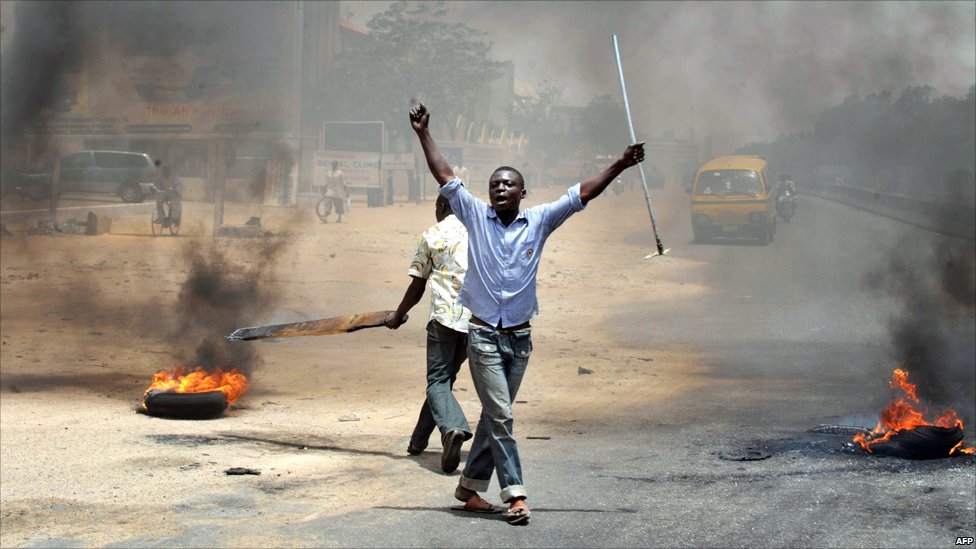Askari Kanzu
JF-Expert Member
- Jan 7, 2011
- 4,598
- 1,233
- Thread starter
- #41
Buhari Condemns Nigeria post-election violence!
Written by Prince Tony Momoh
Monday, 18 April 2011 19:51
The Congress for Progressive Change (CPC) noted with concern the ongoing violent reaction on the announced results from the collation exercise currently in progress at Independent National Electoral Commission (INEC). The CPC has throughout its campaign preached to its supporters to eschew violence. In the circumstance we therefore, call on all our supporters to remain calm and non-violent and prepare themselves for the next round of elections on Tuesday, April 26, 2011.
CONGRESS FOR PROGRESSIVE CHANGE (CPC) MOTTO: EQUITY, PEACE AND PROSPERITY
STATEMENT BY THE CPC
1. The Congress for Progressive Change (CPC) noted with concern the ongoing violent reaction on the announced results from the collation exercise currently in progress at Independent National Electoral Commission (INEC).
2. While appreciating the inalienable right of Nigerians in a democratic system to express their feelings in a protest against injustice, they must never the less remain non-violent.
3. The CPC abhors violence by all Nigerians in the course of expressing grievances
4. The CPC has throughout its campaign preached to its supporters to eschew violence. In the circumstance we therefore, call on all our supporters to remain calm and non-violent and prepare themselves for the next round of elections on Tuesday, April 26, 2011.
5. All CPC supporters should come out enmasse on April 26 to vote for the CPC and overthrow those responsible for the evident injustice to our Party and the nation.
6. We also condemn in the strongest term the brutality of the security forces against unarmed protesters and innocent civilians and call on them to show restraint in handling all situations of civil protest.
7. We call on the federal government to investigate and determine the role of the police and other security forces in the allege shooting of about 100 innocent Nigerians in Kaduna, Kano, Sokoto, Port Harcourt, Owerri and other places.
Prince Tony Momoh
National Chairman
Written by Prince Tony Momoh
Monday, 18 April 2011 19:51
The Congress for Progressive Change (CPC) noted with concern the ongoing violent reaction on the announced results from the collation exercise currently in progress at Independent National Electoral Commission (INEC). The CPC has throughout its campaign preached to its supporters to eschew violence. In the circumstance we therefore, call on all our supporters to remain calm and non-violent and prepare themselves for the next round of elections on Tuesday, April 26, 2011.
CONGRESS FOR PROGRESSIVE CHANGE (CPC) MOTTO: EQUITY, PEACE AND PROSPERITY
STATEMENT BY THE CPC
1. The Congress for Progressive Change (CPC) noted with concern the ongoing violent reaction on the announced results from the collation exercise currently in progress at Independent National Electoral Commission (INEC).
2. While appreciating the inalienable right of Nigerians in a democratic system to express their feelings in a protest against injustice, they must never the less remain non-violent.
3. The CPC abhors violence by all Nigerians in the course of expressing grievances
4. The CPC has throughout its campaign preached to its supporters to eschew violence. In the circumstance we therefore, call on all our supporters to remain calm and non-violent and prepare themselves for the next round of elections on Tuesday, April 26, 2011.
5. All CPC supporters should come out enmasse on April 26 to vote for the CPC and overthrow those responsible for the evident injustice to our Party and the nation.
6. We also condemn in the strongest term the brutality of the security forces against unarmed protesters and innocent civilians and call on them to show restraint in handling all situations of civil protest.
7. We call on the federal government to investigate and determine the role of the police and other security forces in the allege shooting of about 100 innocent Nigerians in Kaduna, Kano, Sokoto, Port Harcourt, Owerri and other places.
Prince Tony Momoh
National Chairman
